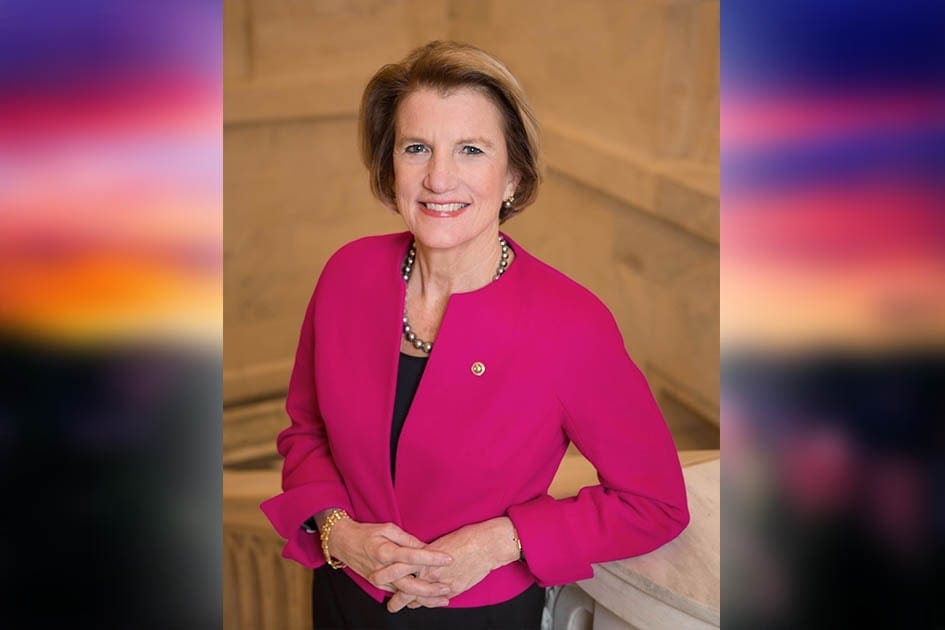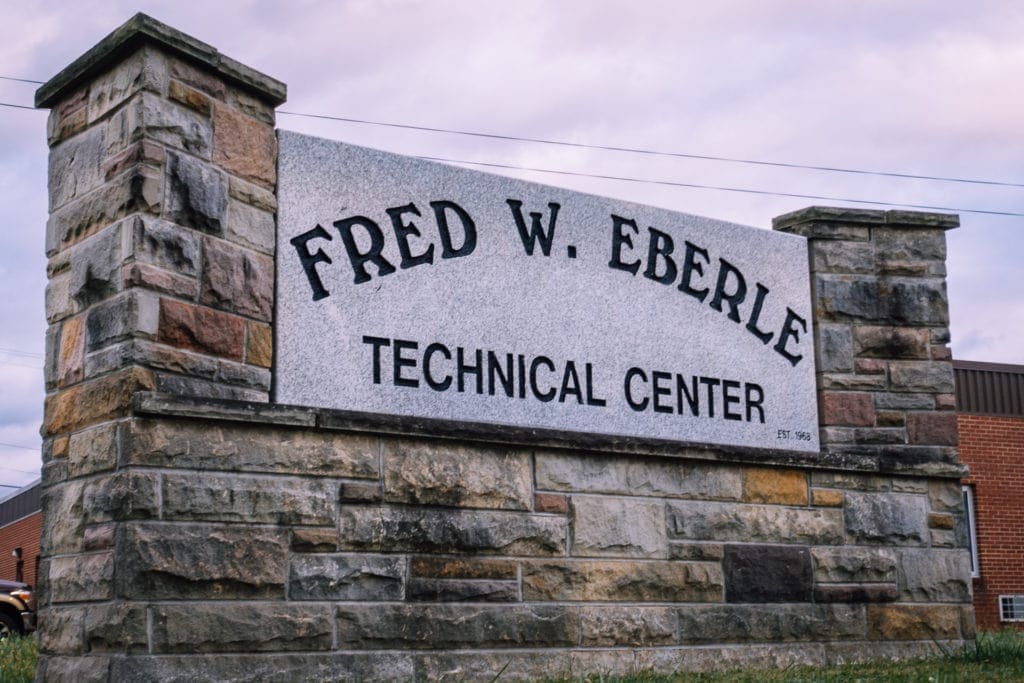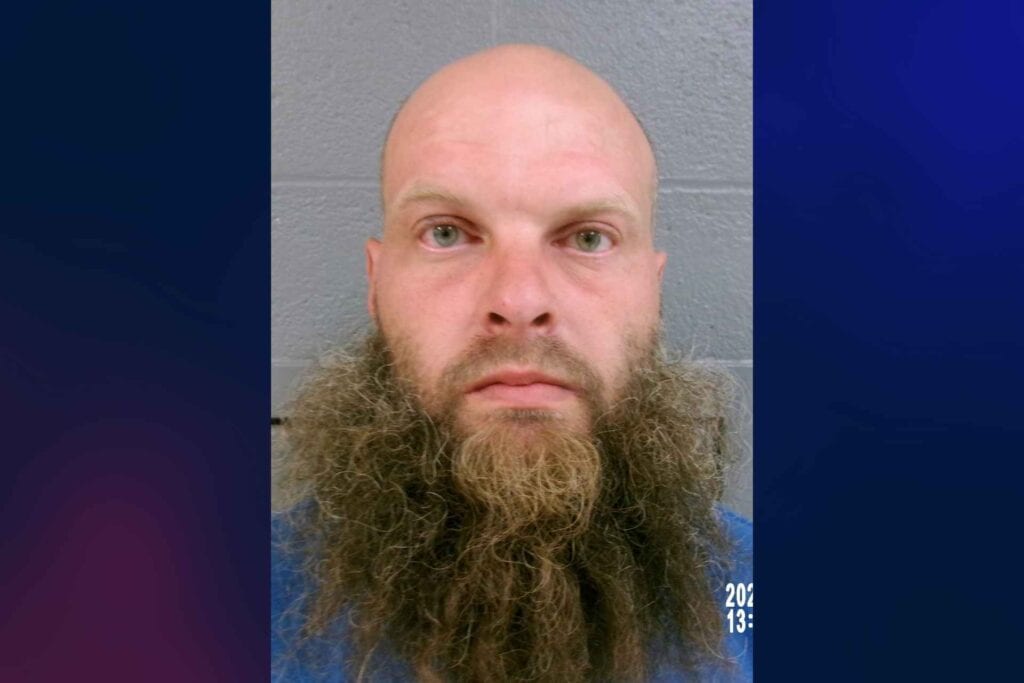CHARLESTON, W.Va. – U.S. Senators Shelley Moore Capito (R-W.Va.) and Joe Manchin (D-W.Va.) and today led a bipartisan group of nine Senators in urging Senate leadership to clarify eligibility for publicly owned hospitals and similar care providers within the Paycheck Protection Program (PPP) administered by the U.S. Small Business Association (SBA). Currently, both for-profit and non-profit hospitals are eligible for assistance, creating a disparity this letter seeks to resolve. The PPP was provided an additional $350 billion in the Phase III Coronavirus Aid, Relief, and Economic Security (CARES) Act to support businesses impacted by COVID-19. In response to cautionary guidance from the Centers for Disease Control (CDC), many hospitals are canceling routine procedures and appointments, resulting in revenue declines as high as 80 percent. Over the past decade, 128 hospitals have closed and an additional 450 hospitals are at-risk of closure. The COVID-19 pandemic puts public hospitals at an increased risk of closure.
The Senators said in part, “Our small rural hospitals regularly struggle with their razor-thin margins but are now facing difficult choices that range from significant staff furloughs to permanently closing the doors of their community’s lone hospital. Many of these hospitals are small, county-owned public hospitals who are currently denied access to funding included by Congress in the CARES Act. We ask that you clarify that publicly owned hospitals and similar care providers are eligible entities for the Paycheck Protection Program relief program administered by the Small Business Administration.”
Senators Manchin and Capito were joined by Senators Jerry Moran (R-Kan.), Cindy Hyde-Smith (R-Miss.), John Boozman (R-Ark.), Cory Gardner (R-Colo.), James Lankford (R-Okla.), Kevin Cramer (R-N.D.), and Joni Ernst (R-Iowa).
Read the full letter below or click here.
Dear Leader McConnell and Leader Schumer,
Thank you for your efforts and collaboration on the substantial assistance packages passed through Congress to address the economic consequences of the COVID-19 crisis. As you know, the economic difficulties facing our hospitals during this crisis threaten significant, long-term consequences. As routine procedures and appointments are canceled due to cautionary guidance from the Centers for Disease Control and Prevention our hospitals in many areas are facing revenue declines as high as 80%. Our small rural hospitals regularly struggle with their razor-thin margins but are now facing difficult choices that range from significant staff furloughs to permanently closing the doors of their community’s lone hospital. Many of these hospitals are small, county-owned public hospitals who are currently denied access to funding included by Congress in the CARES Act. We ask that you clarify that publicly owned hospitals and similar care providers are eligible entities for the Paycheck Protection Program relief program administered by the Small Business Administration.
According to the National Rural Health Association and the Cecil G. Sheps Center for Health Services Research at the University of North Carolina, 128 hospitals have closed since 2010 and an additional 450 were considered at-risk of closure leading into this crisis. These hospitals are often not only an important care provider, but are also one of the largest employers in many small towns. The health and economic burdens of these institutions shutting down due to temporary cash-flow complications during this crisis is something that is entirely avoidable. This issue is particularly difficult for our public hospitals who are ineligible for this assistance since they operate similar their for-profit and non-profit colleagues who are already eligible for the SBA loan program during this crisis.
Many of these hospitals are the sole provider for health needs in their community and their closure would leave wide areas of America with even greater access to care issues than ever before, which we simply cannot risk during this pandemic. As nearly one quarter of rural hospitals were financially struggling before the burden of COVID-19, Congress must provide immediate relief in the form of eligibility for the loans in the Paycheck Protection Program to allow them to continue operating until additional assistance can be made available.
As a Congress, we must prevent an unnecessary loss of providers and health workforce during this pandemic. This can be avoided by ensuring these needed entities are able to access the assistance Congress has already deemed necessary in the CARES Act. We would like to work with you to address this oversight through appropriate legislative changes in the upcoming additional funding package for the Paycheck Protection Program.














